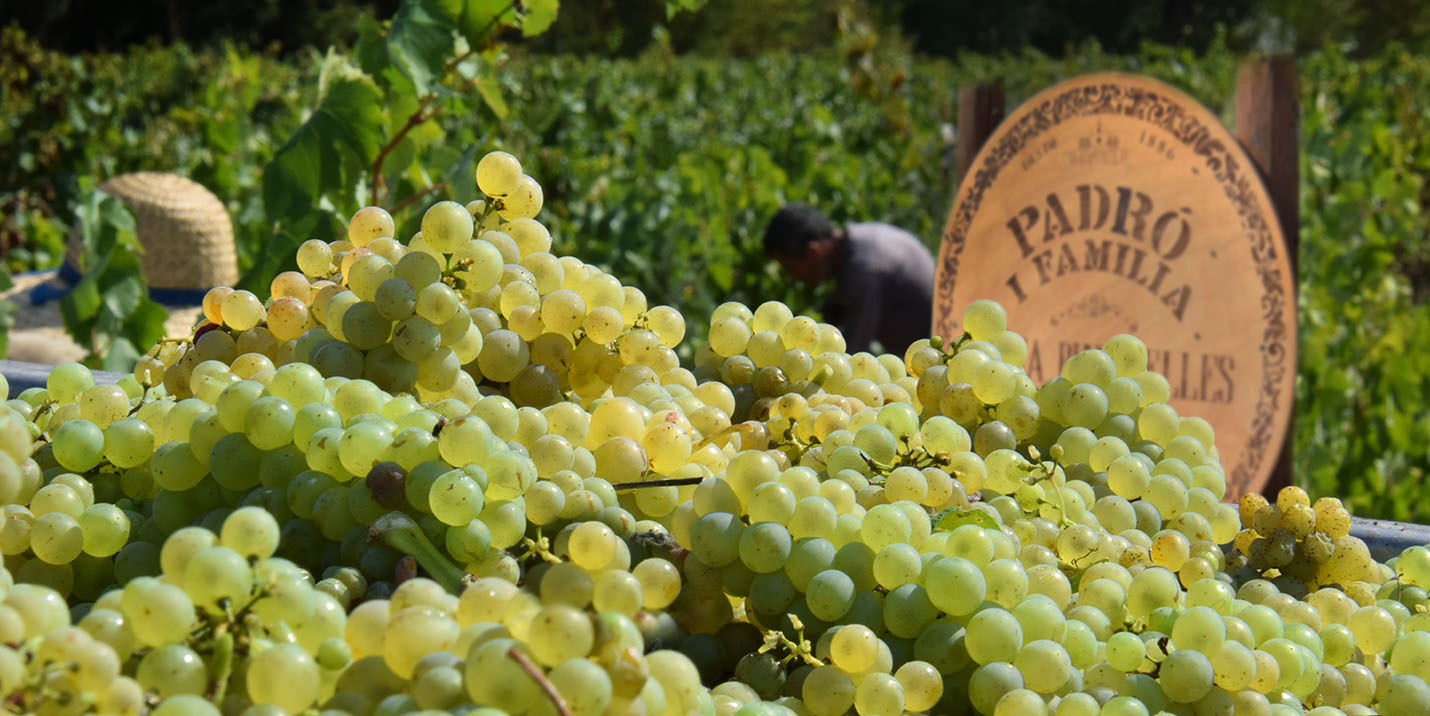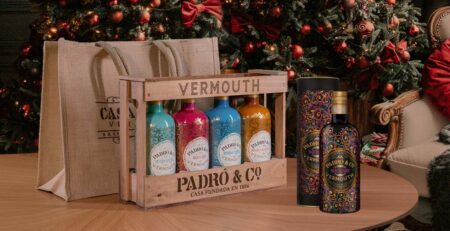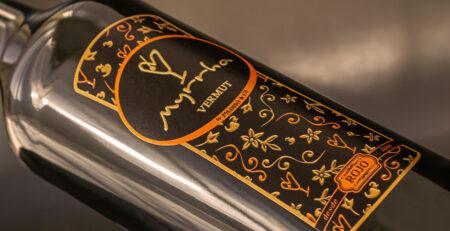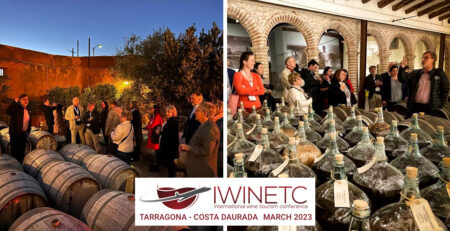¿Where does the grape come into the vermouth-making process?
A good vermouth is the finished product of the blending together of several different factors, each of which is equally important in the vermouth-making process. Let’s look first at the grape, an essential fruit in the process.
Each grape-growing region will have its own special characteristics, soil type, altitude and climate are all factors that will dictate how suitable a grape is. Our vineyards are located in areas of calcareous soil at around 250m above sea-level in the Alt Camp, a terrain that lies within the DO Tarragona. The soil is ideal for growing the following grape varieties:
Chardonnay – White Garnacha – Macabeu (Viura) – Muscat de Frontignan – Muscat of Alexandria – White Sumoll – Vinyater – White Xarel·lo – Red Xarel·lo
Our vermouths are made using a base wine of Macabeu and Xarel·lo, two grape varieties that are very prominent in the province of Tarragona, since they are also used to make cava. The grape variety is a key element in the production of a good vermouth and the one we choose will determine the taste and the quality of the final product.
Macabeu is a large grape with a delicate skin and is used in cava due to its flavours and freshness. The grape produces a crisp white wine with moderately fruity aromas. What interests us for vermouth is that the wine is neutral and hence does not interfere in any way with the herb infusion. It is also a wonderful grape for ageing.
The Xarel·lo variety grows in loose bunches, has a tough skin and is also used in cava. It produces a flavourful, consistent and fruity wine that is crisp and refreshing and goes very well with other varieties. Xarel.lo blends superbly with Macabeu and one of its many qualities is that it gives the wine a very good alcohol content.
In fact, these two grape varieties go so perfectly with the herb mixtures necessary in vermouth-making, that we could not wish for better base wines for our Padró i Família vermouths than wine made using these grapes.





